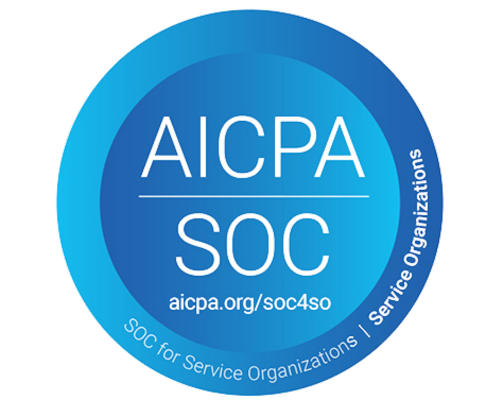Rising Trend of Identity Fraud in Unemployment Claims: How to Protect Yourself

The occurrence of unemployment identity fraud is increasing rapidly. This type of fraud involves the use of someone else’s personal information by criminals to unlawfully receive unemployment benefits. This fraudulent activity is often referred to as “Claim Hijacking” or “Claim/Account Takeover,” where the fraudsters use stolen information to log into the victim’s unemployment account and steal their rightful benefits.
Individuals who are victims of unemployment identity fraud may only become aware of the situation when they receive unexpected mail, such as a notice from a state unemployment agency or a state-issued 1099-G tax form, which reports unemployment benefits that they never requested or received. In some cases, those who have filed for unemployment benefits may realize that they have fallen victim to “Claim Hijacking” or “Claim/Account Takeover” when they suddenly stop receiving their payments and notice that the bank account or address information on their unemployment claim has been altered without their consent.
Warning Signs of Identity Fraud
Here are some warning signs that may indicate you have been a victim of unemployment identity fraud:
• Receiving mail from a government agency regarding an unemployment claim or payment, even though you have not recently filed for unemployment benefits.
• Receiving a 1099-G tax form showing unemployment benefits that you never requested or received.
• Receiving a notice from your employer while still employed that they have received a request for information about an unemployment claim in your name.
• Finding out that your unemployment payments were sent to a different account or address without your authorization.
If you suspect that you have become a victim of unemployment identity fraud, report it to the state where the fraudulent activity occurred. Each state has its own set of requirements and processes for investigating identity fraud, so make sure to follow all the instructions provided by the state. Additionally, it is crucial to check your credit report for any unauthorized lines of credit opened and suspicious activities.
Have Questions or Need More Information?
We will get back to you as soon as possible.
Please try again later.

HRlogics




